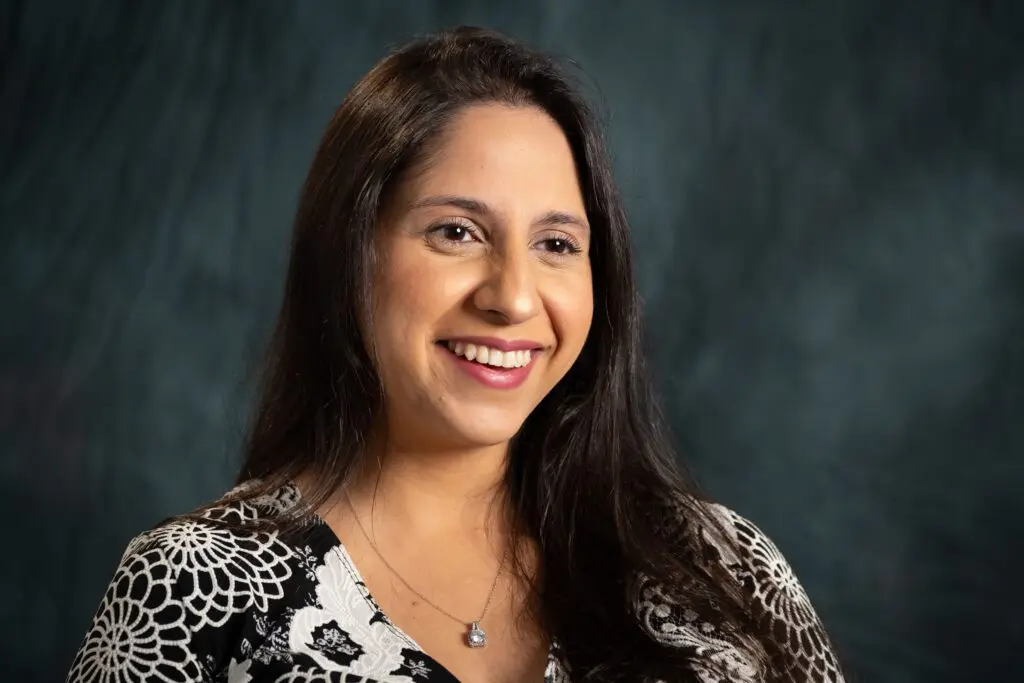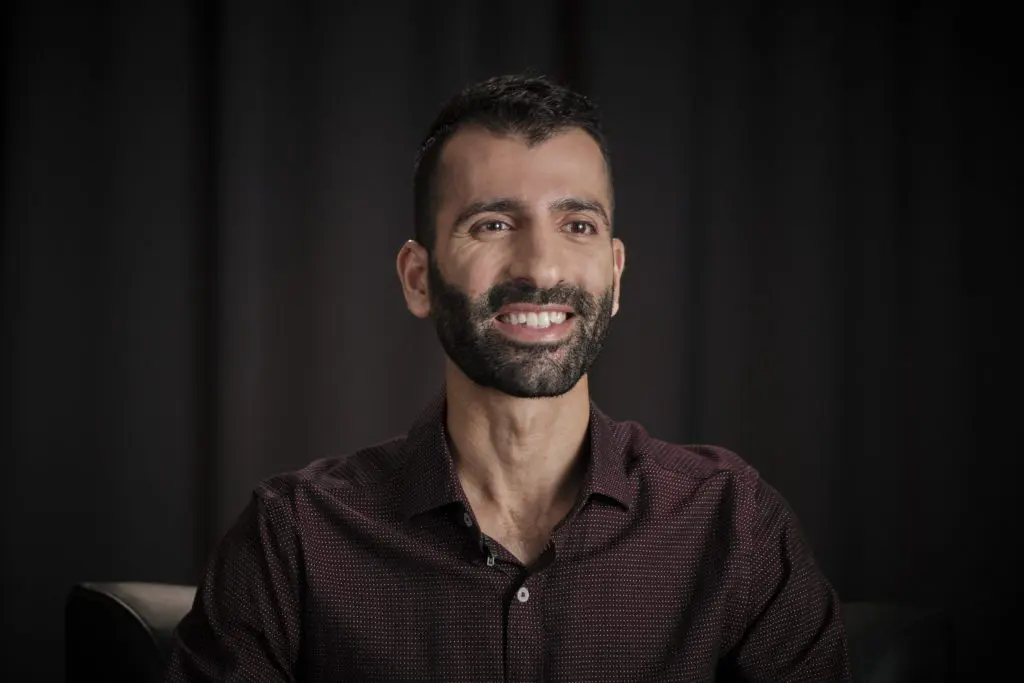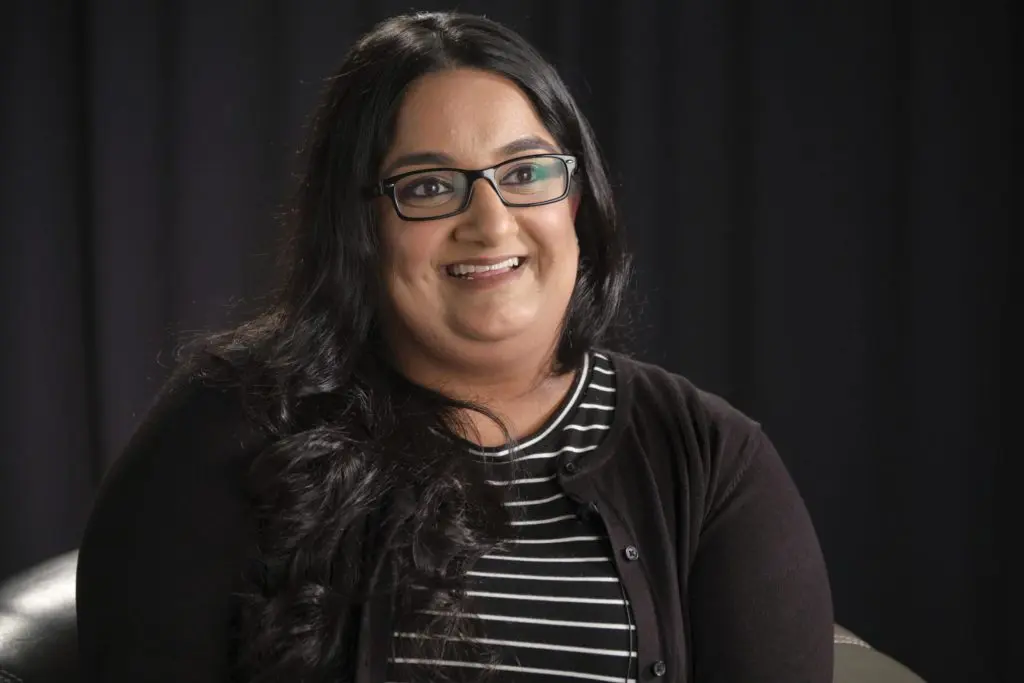So just like that, 1st semester came and went, a couple finals exams and some final assignments and we slid into what would be a nice week-long break. For me, like the rest of the cohort, the week-long reading break would be filled with work and caring for family. While my daughter spent the days at daycare, I worked fulltime in order to make some money and help with the bills. I worked all through first semester but this gave me an opportunity to buckle down and get a good week of fulltime work completed. Oddly enough, I found working fulltime for the week to actually be somewhat relaxing, as the stress of deadlines and assignments didn’t consume away at me. However, the reading break seem to come and go rather quickly and before we knew it, we were heading back to the books. Second semester came with a new set of challenges, new courses, increased coarse load, and trying to balance it with my work, family, and military obligations. All in all I figure roughly 70 hours a week was being balanced between it all, which for me seemed to flow nicely with some anxious moments surrounding quizzes and assignments.
As we got into the groove, we awaited or clinical placements for our first clinical practice. Finally, near the end of the first week of April, we received notice and I was notified I’d be working at Langley Memorial Hospital’s Rosewood pavilion for our geriatric care practice. This brought on a new wave of excitement and anxiety. Was I prepared? Did we have enough theory to practice? Were we ready for this? Our first lab dates was a week prior to starting, and we did 2 more days before starting our first full clinical practice day. Being placed in residential care made me anxious, I had never been exposed to this environment and the only thing I knew were the numerous bad stories you hear in the news. When we arrived and began with our first tasks, providing personal care, I realized quickly the respect I had for the interdisciplinary team and caring for the older adult. I have come to understand and appreciate the tremendous task that is taken on by these staff members on a daily basis in an environment that can be rewarding, while tasked with a heavy workload.
I quickly realized that clinical practice, along with the journaling and other administrative requirements that come with it takes much more time and that I had to be very disciplined in managing the time I had each week. For those who feel they can or need to do it all, it is extremely easy to fall victim to your own ego. One of the important messages from our instructor was making sure we maintain our self-care plans in order to remain physically and mentally able to perform all of our tasks. Residential care overall is very stable and not fast paced, so it’s important for more hectic semester practices later on to recognize the signs of burnout long before it occurs in order to ensure our continued success in the program. One of the best practices we learned in our clinical group is that we have been very supportive of each other, and motivating one another to be successful. Our clinical group has also become a social group where we can candidly discuss concerns and provide tips and moral support.
As the program moves forward, we become more excited and knowledgeable and feel that we are more prepared to tackle the next challenge and I can’t wait to face what lies ahead.
Click the link to know more about Psychiatric Nursing Program and Career.










